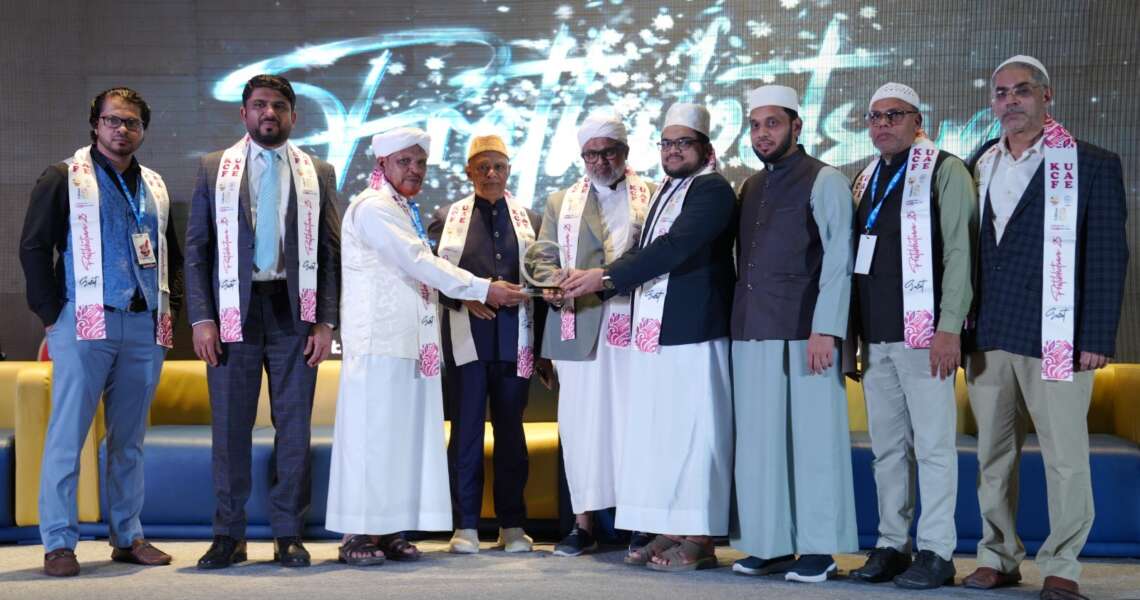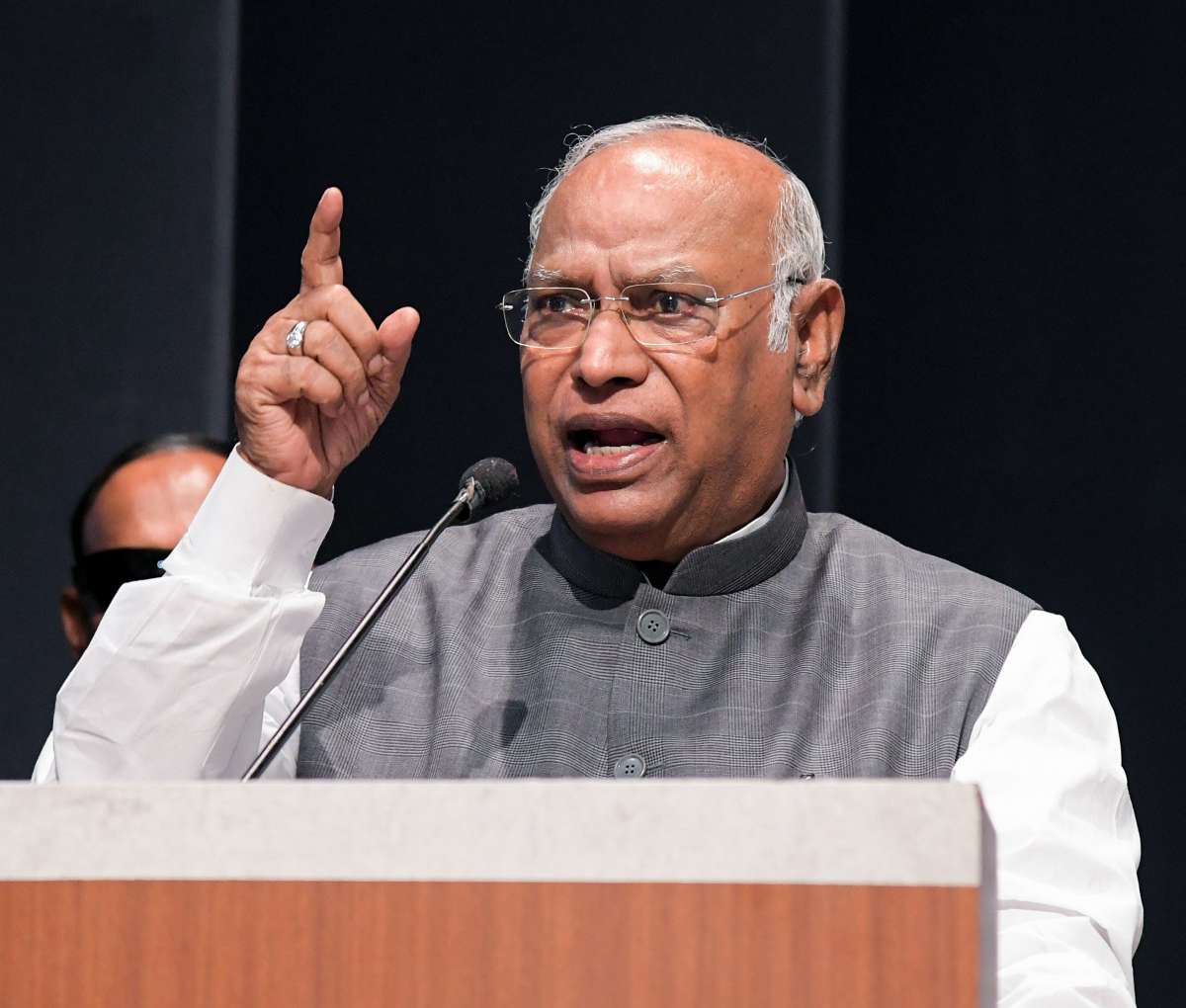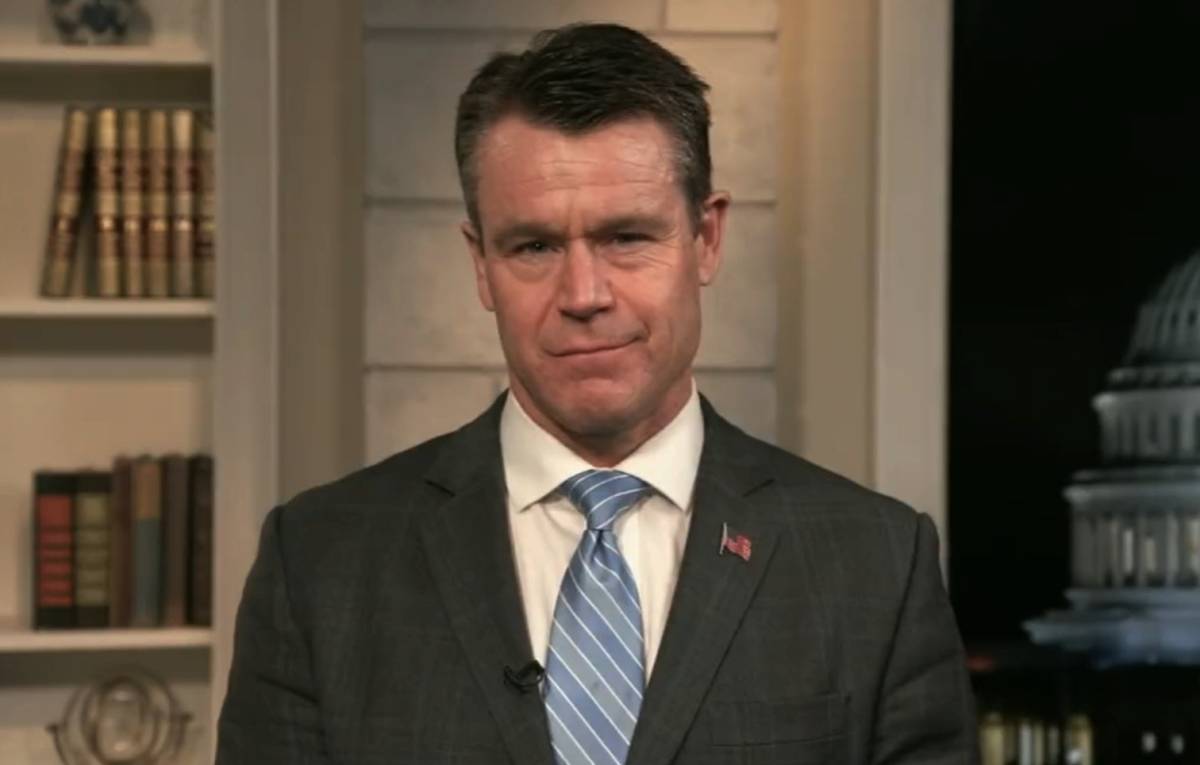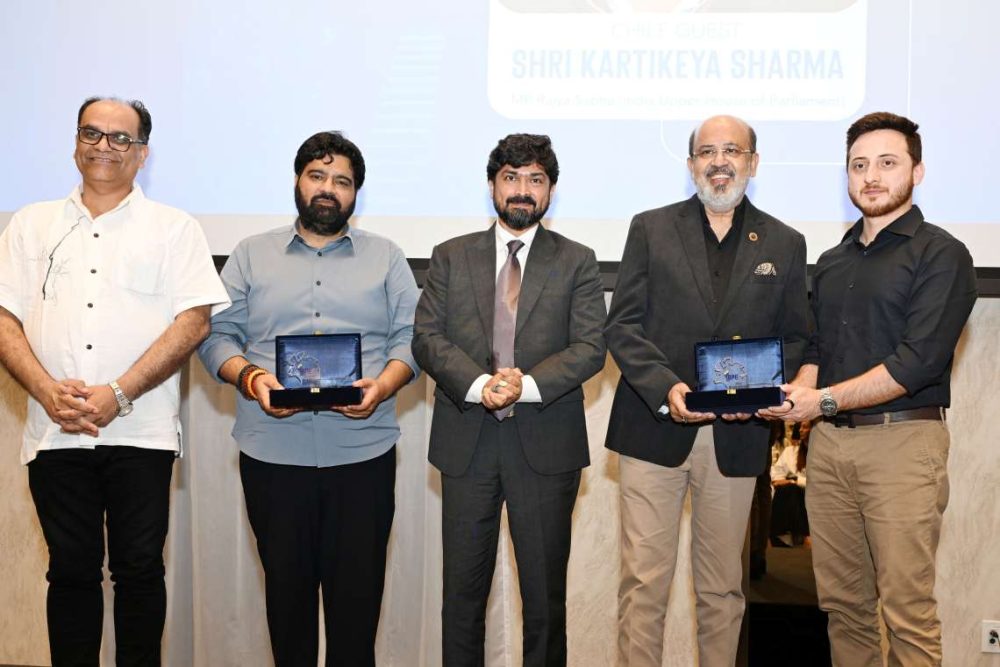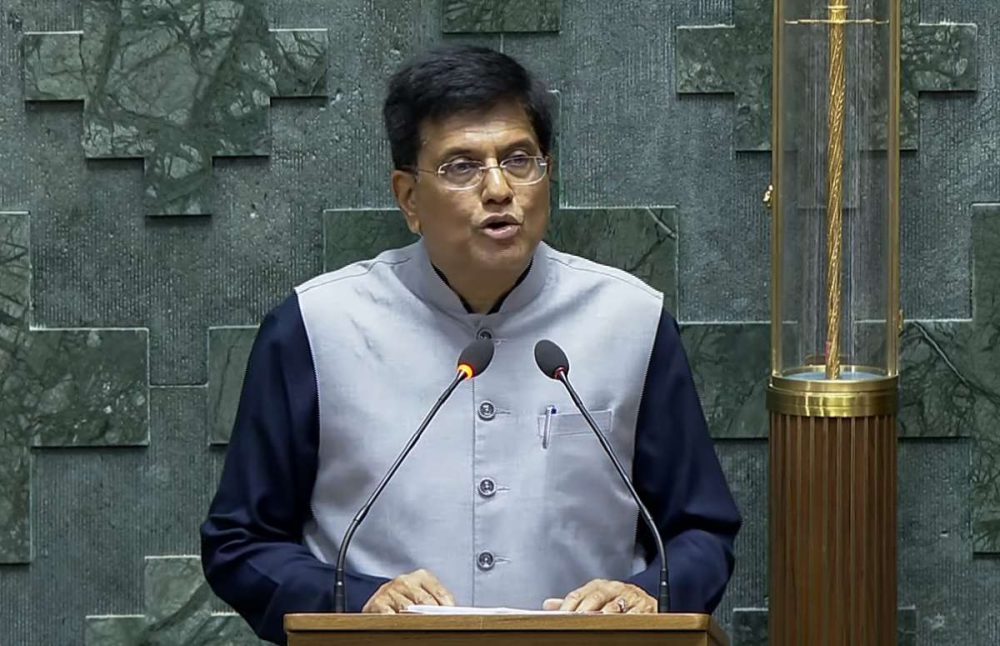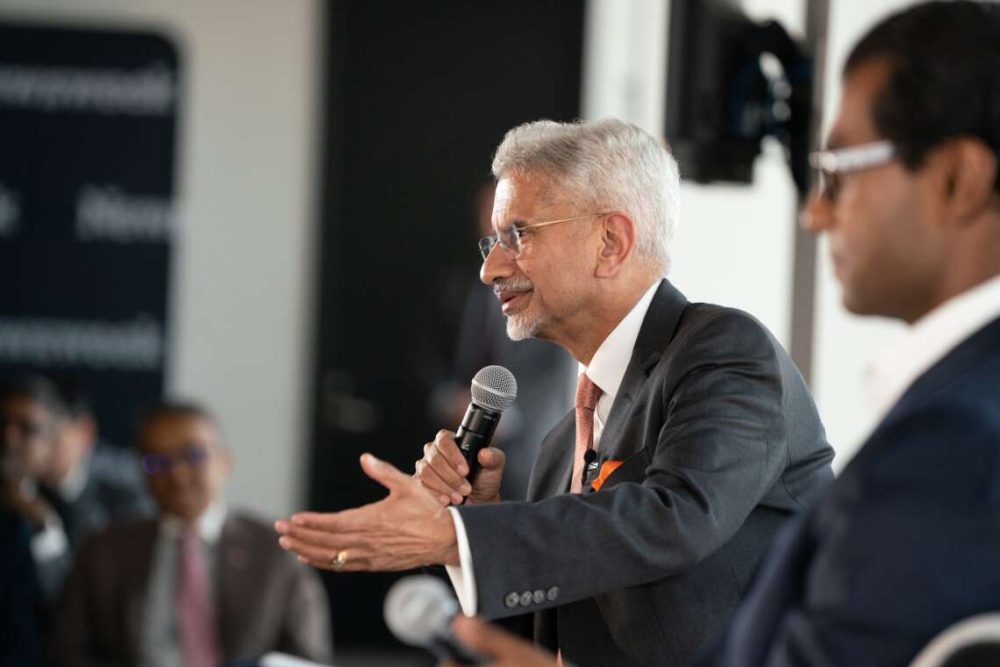There was also a slew of supportive announcements by the ruling BJP on these measures, seemingly for the polarization of the majority Hindu votes in the state…reports M K Ashoka
Karnataka is witnessing unprecedented communal polarization before the next Assembly elections scheduled for May 2023. Analysts have raised concerns that it is the first time in the 75 years of the post-independence period that such deep polarization is taking place in the state known for its harmony.
First it was the cow slaughter ban, then the anti-conversion bill, later the hijab row; then it was the murder of Bajrang Dal activist Harsha followed by the proposal to introduce the Bhagavad Gita in the school syllabus; strict implementation of the hijab verdict by not allowing Muslim students wearing hijab into exam rooms; announcement on celebration of Ugadi festival as ‘Dharmikadina’ (religious day); ban on Muslim traders at Hindu religious fairs and temples for protesting against the High Court verdict on wearing the hijab.
There was also a slew of supportive announcements by the ruling BJP on these measures, seemingly for the polarization of the majority Hindu votes in the state.
On the other hand, some organizations and students of the minority community stated that their holy book, the Quran is more important to them than the rules and guidelines. Congress leader Akram Khan had even stated that if anyone tries to meddle with Islam they will be cut into pieces. Students who have refused to sit for exams without the hijab have also stated that religion is more important to them than education. A few of them said religion is as important as education for them.
Political thinker Basavaraj Sulibhavi said that harmony has been the heritage of Karnataka state. The revered poet Kuvempu has described it as a peaceful garden of people of all religions. Religious harmony and composition between religions in the state is notable.
Communal polarization is not easy in Karnataka. The BJP has never got a majority in the state. Though the state witnessed communal clashes, the people belonging to different faiths share a strong bond.
Bababudangiri pilgrimage centre, Santa Shishunala Sharif and Guru Govind Bhat lineage are standing testimonials to the integration of ‘Sufi’, ‘Sharana’, ‘Natha’ and ‘Aaroodha’ streams. In Gadag district, a single trust manages a mosque, temple and church. In north Karnataka, even though only two or three Muslim families live there, whole villages celebrate Moharram with fervour. Muslims come to Gadag Savatur Lingayat Math on Moharram and conduct namaz in the premises of the Math. All of them are served food there only, Sulibhavi explained.
“Today minds are being filled with communal hatred for political gains. I don’t think it will challenge the basic structure of the harmonious fabric of the state,” he said.
The hijab row which started as a small protest by six students of Udupi Girl’s Pre-University College is now being discussed at the international level. It snowballed into a major crisis, leading to sharp divisions among the student community. Across the state, the minds of young students, especially those studying in Pre-University Colleges, are being divided on communal lines.
The murder of Bajrang Dal activist Harsha also made national headlines. The post murder developments, 7 days of curfew in Shivamogga and the government’s decision to provide Rs 25 lakh compensation to the family of Harsha, a series of statements including on hoisting the saffron flag on the Red Fort have again indicated clear polarization.
Encouraged by the government’s alleged pro-Hindu stand, the forces of Hindutva have been emboldened to issue statements for boycotting any transaction with Muslim business establishments until they stopped eating beef. Banners and posters have cropped up regarding this matter.
Opposition leader Siddaramaiah has stated that there is no space for hate politics in the state. “Here, there is only space for politics based on friendship and harmony. People will know ‘who is who’ and won’t support the communal agenda pursued by the BJP.”
Professor Mujaffar Assadi, Dean of Faculty of Arts and Chairperson for Political Science and Public Administration of the University of Mysuru, explained that Karnataka is changing fast but has not completely changed as yet.
The state’s politics has been dominated by caste identities as Lingayats and Vokkaligas vying for power, but never by Hindutva. The minorities played a major role as the society was quite tolerant. “Ours has been a cohesive society. We never had memories of partition of the country, pillage or destruction. The history of Karnataka is different. Communal politics is just 30 years old here,” he said.
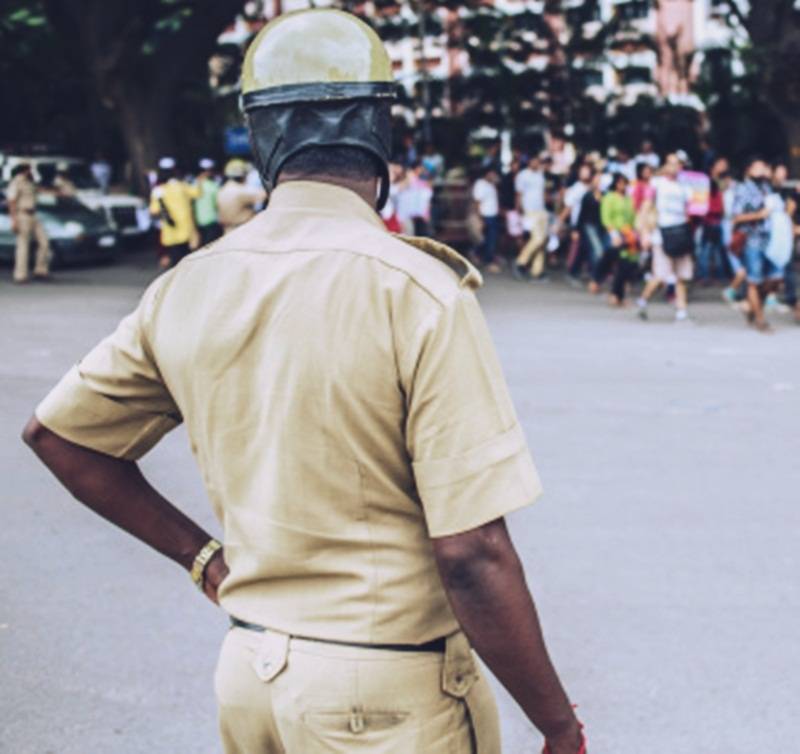
But the caste identity is being changed to Hindutva now. At Kalikamba Temple at Kapu, where Muslim merchants are banned, musicians from a family belonging to the minority community played music during a religious fair. In many temples, morning and evening drum beats are performed by Muslims. The interdependency is still strong but at the same time the rhetoric of communal strife has surfaced, he explained.
Post-World War II, memories of Germany and Japan’s fascism were slowly erased. In India also the memories of partition are fading? “I am hopeful that the state will go through wilful amnesia regarding communal strife and rebuild the country and the state on fresh memories,” Assadi maintained.



